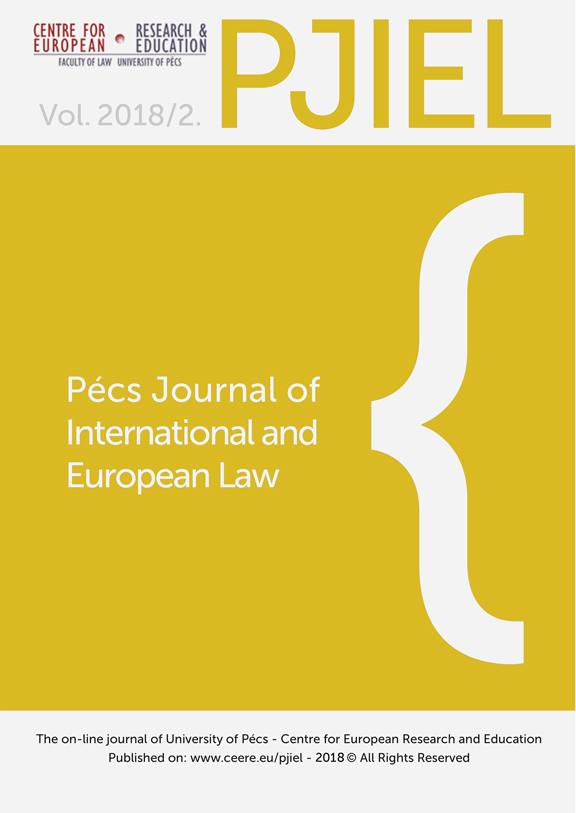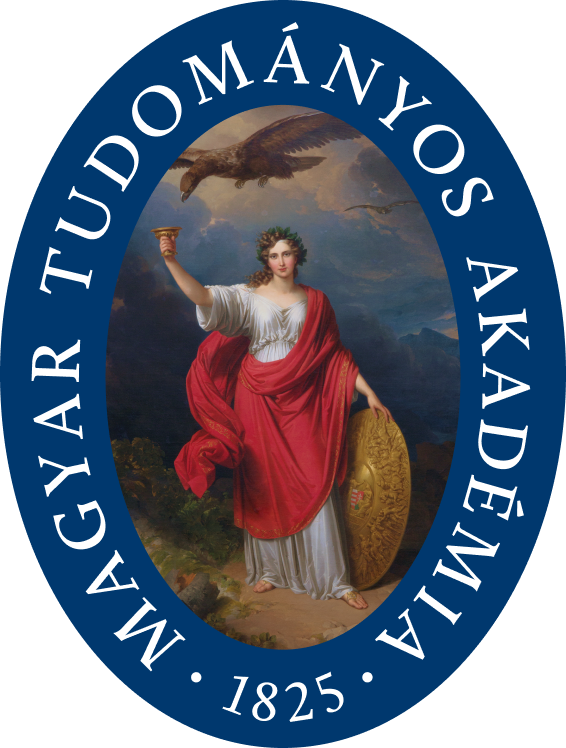Who Owns What in Outer Space? Dilemmas regarding the Common Heritage of Mankind
Keywords:
Space Mining, Property Rights, CHM, Sovereignty, res communis omnium ususAbstract
Outer space is full of resources with great economic potential for Earth nations. Several issues arise when superpowers get involved in space activities, e.g. the status of celestial bodies and their resources, equality between states and potential conflicts on Earth. The lack of international regulation surrounding these issues could result in uncontrolled turmoil regarding space exploitation. This paper encompasses three goals. Firstly, to review the short history of mining in space and developing space law. Secondly, by analyzing the relevant legal instruments, it takes a look at what is possible today regarding exploitation rights on celestial bodies. The Outer Space Treaty and the Moon Agreement are crucial in this process. Thirdly, by analyzing the exploitation regimes on similar areas to the Moon and outer space, alternatives are illustrated for a future international exploitation regime. An analysis of the Common Heritage of Mankind principle will form the bridge between the mentioned goals. The Moon Agreement attempted to create an exploitation regime. However, it failed due to the Common Heritage of Mankind principle. Thus, an analysis of this principle should not be left out. The paper is an attempt to clarify the importance of property rights in the future of space exploitation and its complexity in the absence of a coherent international regime for the exploitation of space and the celestial bodies. It is necessary to stress why an international regime is necessary for the exploitation of space.
Downloads
Downloads
Published
How to Cite
Issue
Section
License

This work is licensed under a Creative Commons Attribution-NonCommercial-ShareAlike 4.0 International License.





